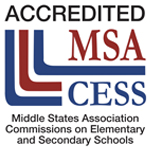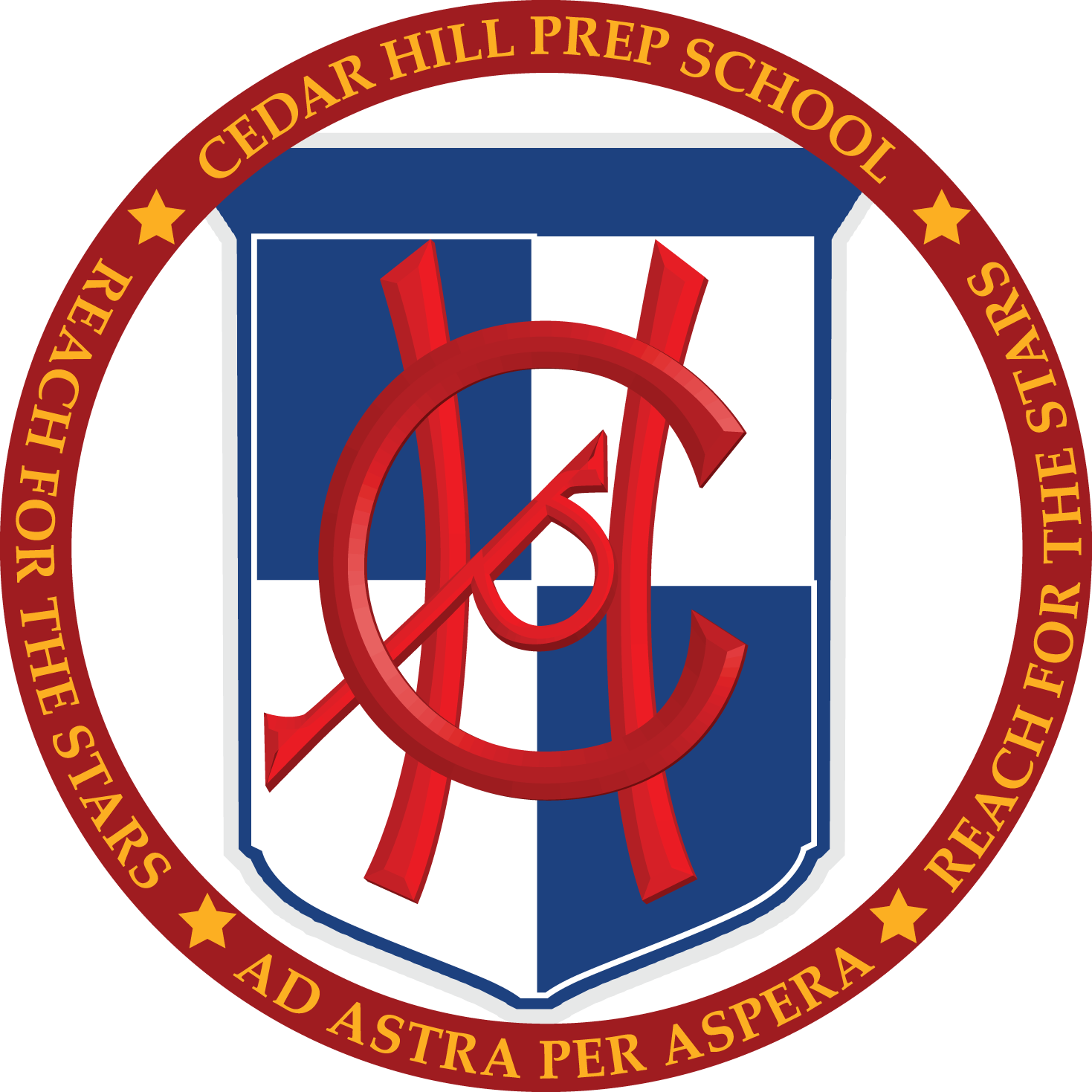
Private School Students are better off. Have you ever felt guilty for sending your children to private school? Your first and immediate thought may be “No”. But we’ve all been there — the playground, the neighborhood block party, the office holiday bash, sometimes even a family reunion — and we’ve all been asked that same awkward, stomach-clenching, politically and economically-loaded question: “Why don’t you send your child to public school?”
If you’re like me, you pause. Your brain scrambles for the fastest way to extol the voluminous virtues of private education in a single solitary sentence that won’t simultaneously make you sound like the biggest jerk on the planet.
That’s right.
I said it.
Jerk.
I was actually thinking, “condescending elitist”, but “jerk” sums it up quite nicely. After all, isn’t that the prevailing perception of those who eschew public education for private? Isn’t there a pervasive cultural undercurrent of thought that broadly paints private school as belonging to the world of the wealthy, the “one-percenters”, and the wannabes? Aren’t our own presidents, governors, and congressional representatives often criticized as hypocrites for demanding strictly-measured improvements from public schools and educators while those same leaders personally ensure that their own children receive private educations? Perception can be quite the devilish trickster. Gustave Flaubert, one of the most influential French writers of the 19th century, once remarked, “There is no truth. There is only perception.” So regardless of how you actually arrived at your decision, regardless of what your political, social, and cultural beliefs actually are, regardless of how you actually manage to barely afford the tuition, you and your children are generally perceived to be part of an elite, privileged class known as private schoolers. And do you know what?
The perception is partly right. Private School Students.
Why? Because the inconvenient and dirty truth is this: attending private school does indeed come with certain privileges that public school does not.
It is a privilege for your child to sit in a class of often fewer but never more than 15 students with a dream-invoking student/teacher ratio.
It is a privilege for your child to be taught by experienced educators who could potentially earn higher salaries with tenure at public schools but consciously and deliberately forgo money in favor of the freedom to actually teach (not merely test) their students.
It is a privilege for your child to learn and grow in an environment where all of his or her heavily influential classmates and peers have parents who are fully invested, educationally likeminded, and buy-in to the same academic culture you do.
It is a privilege for your child to partake in a rigorous and challenging curriculum that is annually hand-tailored to the student body and not a one-size-fits-all government-mandated curriculum that caters to the mean.
It is a privilege for your child to receive an education that, year after year, places your child in the top 10th percentile nationwide.
Privilege. It’s easier to deny ignore it than face it. I understand. It’s so easy being with parents of other private schooled children, especially those whose children attend the same school your child does. The pressure is off. So you ran into the father of your daughter’s BFF at Back-To-School Night? No problem. You found a seat next to the mother of your son’s classmate at the last PTO meeting? Bet you didn’t bat an eyelash. When we wind up together, we find ourselves swapping battle stories about long nights of homework, the Science Fair, and trimester exams. We confide in one another about our pleasant surprise at how engaged our children are in their engineering projects. We may even share a laugh or two over the Greek comedy the students have so diligently and enthusiastically been writing. These are no-pressure situations. After all, we parents have all made the same choice. We’re all on the same page. We’re all in the same club. We’re all private school parents.
And yet that question — “Why don’t you send your child to public school?” — still gnaws at us. How do you explain your measured, weighed, and very carefully considered choice to public school parents…parents who love their children like you do, make sacrifices for their children like you do, and go to bed every night with hopes and dreams for their children like you do? Let’s take this conundrum a step further. How do you explain your decision to a public school parent when your private schooled child and her public schooled child are both standing in front of you with wide eyes and open ears?
I’ll tell you how.
But first I must tell you a short story about Private School Students.
Quite a number of years ago, a minister at my Bible fellowship was explaining how we should not only treat others, but also how we should perceive ourselves in light of others, especially others who don’t believe what we believe. This great teacher went on to say something so simple yet so inspiring that I have held those words of wisdom close to my heart and allowed them to inform my behavior ever since. The gist of what he shared is this: Our blessings from God don’t make us better, but they do make us better off. So be humble. Count your blessings. Be grateful. Then take what you’ve been given and serve.
Not better, just better off.
So let’s get back to that tough question.
How do we answer when our answer could make us sound like we think our private schooled child is better than their public schooled child? Our answer cannot simply be an acknowledgement of our children’s privileges. That’s not enough. It’s not sufficient to answer the question with, “We sent our children to private school because we couldn’t pass up such unique educational opportunities for them.” No. Acknowledgement only scratches the tip of the iceberg. Our answer must include how humbled we are by these privileges, how incredibly grateful we are for these privileges. And we can’t just say we’re thankful, as in “Oh, I count my blessings that we can afford it.” We have to demonstrate our gratitude. Model it. We must behave gratefully, right then and there in front of the public school parent and the impressionable young eyes looking up at us as we speak. For example: “My daughter, Sophia, has a pretty advanced course load in math for a 7th grader. [That’s acknowledgement of your child’s privilege]. Sophia told me that your son, John, confided in her. He admitted to her that he didn’t do well on the math section of the SSAT because he hasn’t been taught some of that math yet at his school. If you’d like, I can drive Sophia to your house next week. She said be happy to help John understand the concepts.” [That’s grateful behavior]. Is Sophia better than John? That’s an absurd question. Of course not! But has Sophia had advantages and privileges that John hasn’t? Sophia isn’t better, but she is better off.
We all want our private schooled children to grow up not only highly educated but highly empathetic; not only as great minds but as great givers. It is in our modeling and teaching gratitude that our children will learn to embrace their privileges not with haughtiness or pride, but with humility and gratitude and, if science is correct, with a heart driven by and focused on service.
Now please allow me to drop some science.
Social and medical science has proven that gratitude has many great benefits for the mind and the body. One of the most encouraging benefits of gratitude for young minds is empathy. According to a 2012 University of Kentucky study, grateful people are more empathetic and are “more likely to behave in a pro-social manner, even when others behave less kind.” Dr. Joel Meyers from Georgia State University agrees with this. He and other evolutionary psychologists suggest that gratitude “increases helping behavior by increasing empathy and social connection and by decreasing moral disengagement.”
Science also agrees that gratitude increases mental fortitude, which could help people find the courage to reach out to those in need. A 2006 study published in Behavior Research and Therapy found significantly lower rates of Post-Traumatic Stress Disorder in Vietnam War Veterans who expressed higher levels of gratitude. A 2003 study published in the Journal of Personality and Social Psychology declared that gratitude contributed greatly to resilience in the wake of the September 11th terrorist attacks: “Recognizing all you have to be thankful for – even during the worst times of your life – fosters resilience.” Imagine for a moment the effect such resilience could have on, say, the bullying epidemic in America’s schools. If gratitude in students can compel them to courageously speak up against witnessed bullying, wouldn’t that brave action alone be worth any small effort it takes for parents to model gratitude in their children?
Our children will only become more grateful for their privileges — and, as a result, empathetic and resilient and brave — if we parents show them what being grateful sounds like and looks like. In word and in deed.
But what happens if we don’t model gratitude for our children?
Well, the picture could get pretty bleak. Dr. Andrea Hussong of the University of North Carolina at Chapel Hill conducted a study to examine the role that parents play in fostering the development of children’s gratitude. She recruited six-to-nine year olds from various private schools and their parents. Over time, Dr. Hussong found that the parents who intentionally highlighted every privilege their child encountered and expressed deep thankfulness for those privileges had more children volunteer to help with a community project at the end of the study than those parents who were instructed not to express overt gratitude. Additionally, the study found that the presence of privilege in the “ungrateful” families created a sense of entitlement in their children.
Privilege + Lack of Gratitude = Entitlement.
Sounds a lot like the perception the world already holds of your privileged child, doesn’t it?
If we never model gratitude for our children in light of their privileges, if we never behave gratefully in front of them by openly discussing how our own blessings (not only money but positions, skills, talents, etc.) afford us ways to give and serve, if we never take the time to draw comparisons and highlight the specific places in their young lives where they are better off than so many other children, then the likelihood that they’ll grow up feeling entitled is, sadly and statistically, quite high. And we are failing our kids if we think they’re grateful solely because we’ve conditioned them to say “Please” and “Thank you”. Entitlement breeds entitlement. It’s a vicious cycle.
But there’s hope.
Dr. Thomas Gilovich of Cornell University says that people derive deeper satisfaction from experiential purchases, like education and vacations, than from material purchases. Dr. Gilovich concludes that the “enhanced gratitude brought about by experiential purchases leads to a less materialistic orientation, which leads in turn to further gratitude.” Gratitude breeds gratitude. That creates a virtuous cycle. We private school parents have chosen to purchase an education for our children. We are purchasing for them a very privileged experience — one from which we and our children can gain deep satisfaction. Deep and active gratitude is the only appropriate response.
Private School Students CONCLUSION
We may not be able to change the world’s perceptions of all private school children.
We may not be able to shake off the heavy weight of that perception every time someone asks us why we didn’t choose public school.
We are able, however, to free our privileged children from becoming entitled, unsympathetic, and morally disengaged. We are able to make them resilient, empathetic, and brave. We are able to be the givers we want them to be. By living, acting, and behaving gratefully, our children will soon live, act, and behave gratefully. When genuine compassion and gratitude blooms in the hearts of our privileged children, that’s when they’ll be inspired to freely give to those who are less privileged. That will make our kids really better off.
And it’ll make others better off, too.





